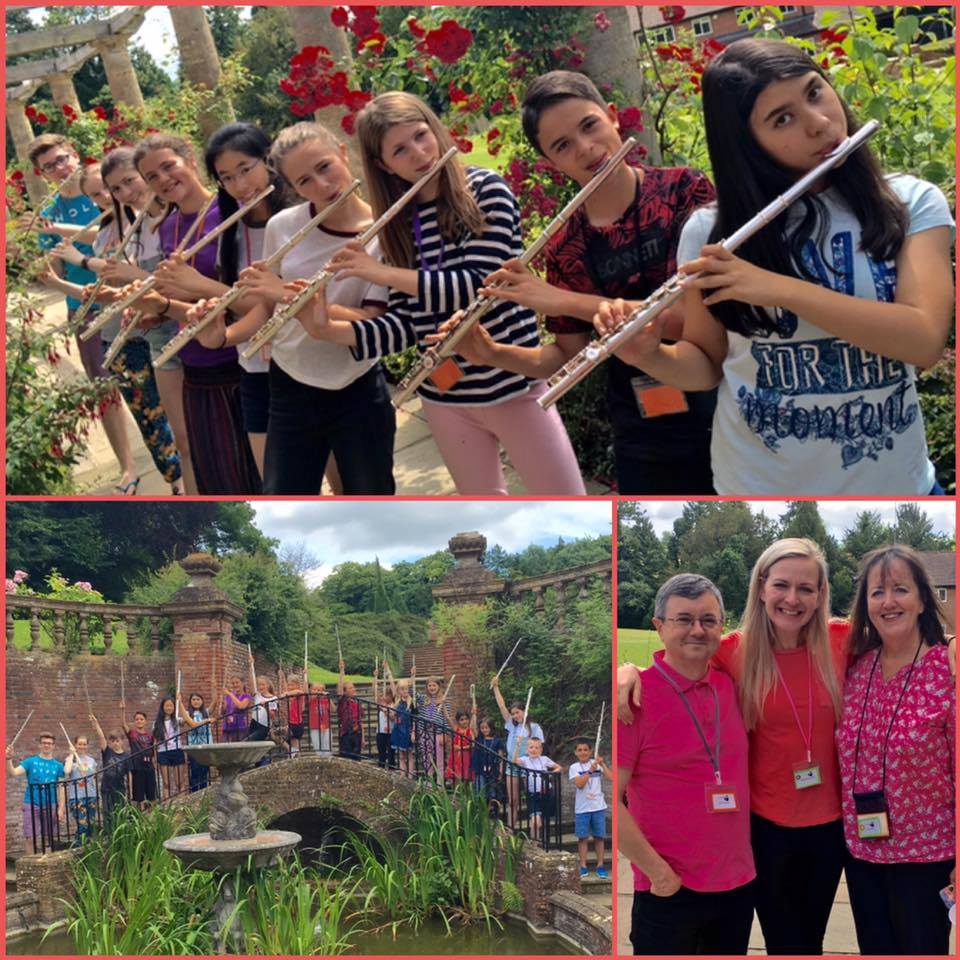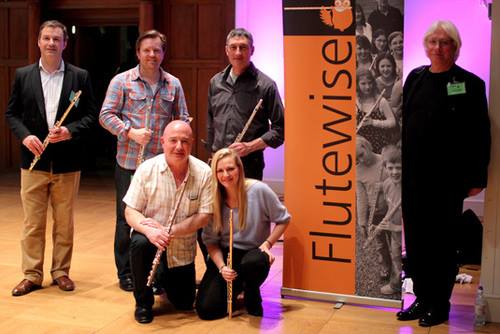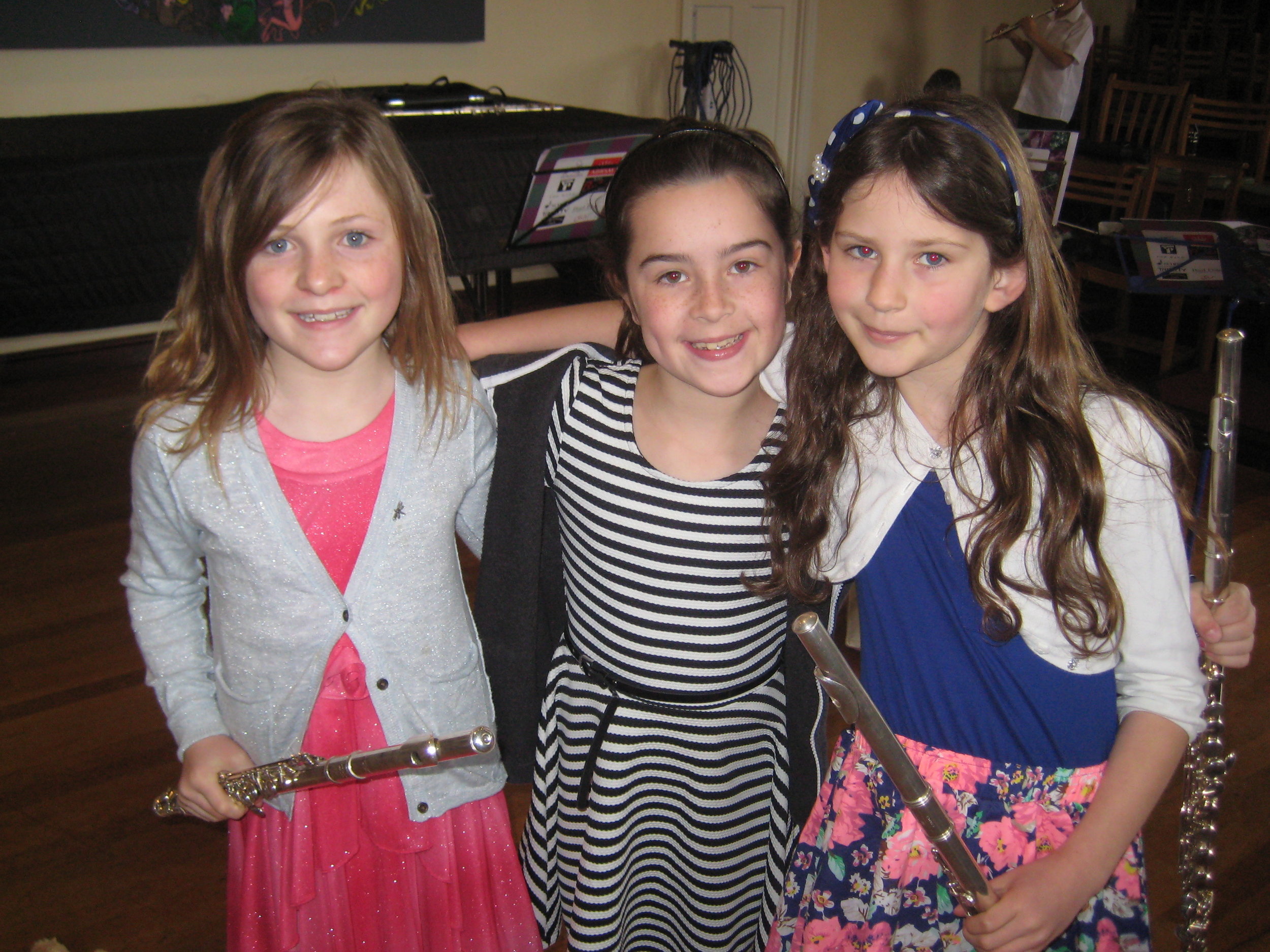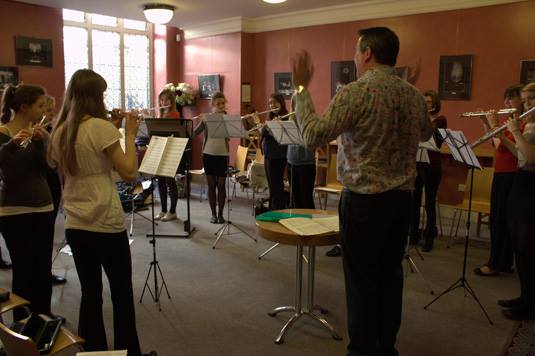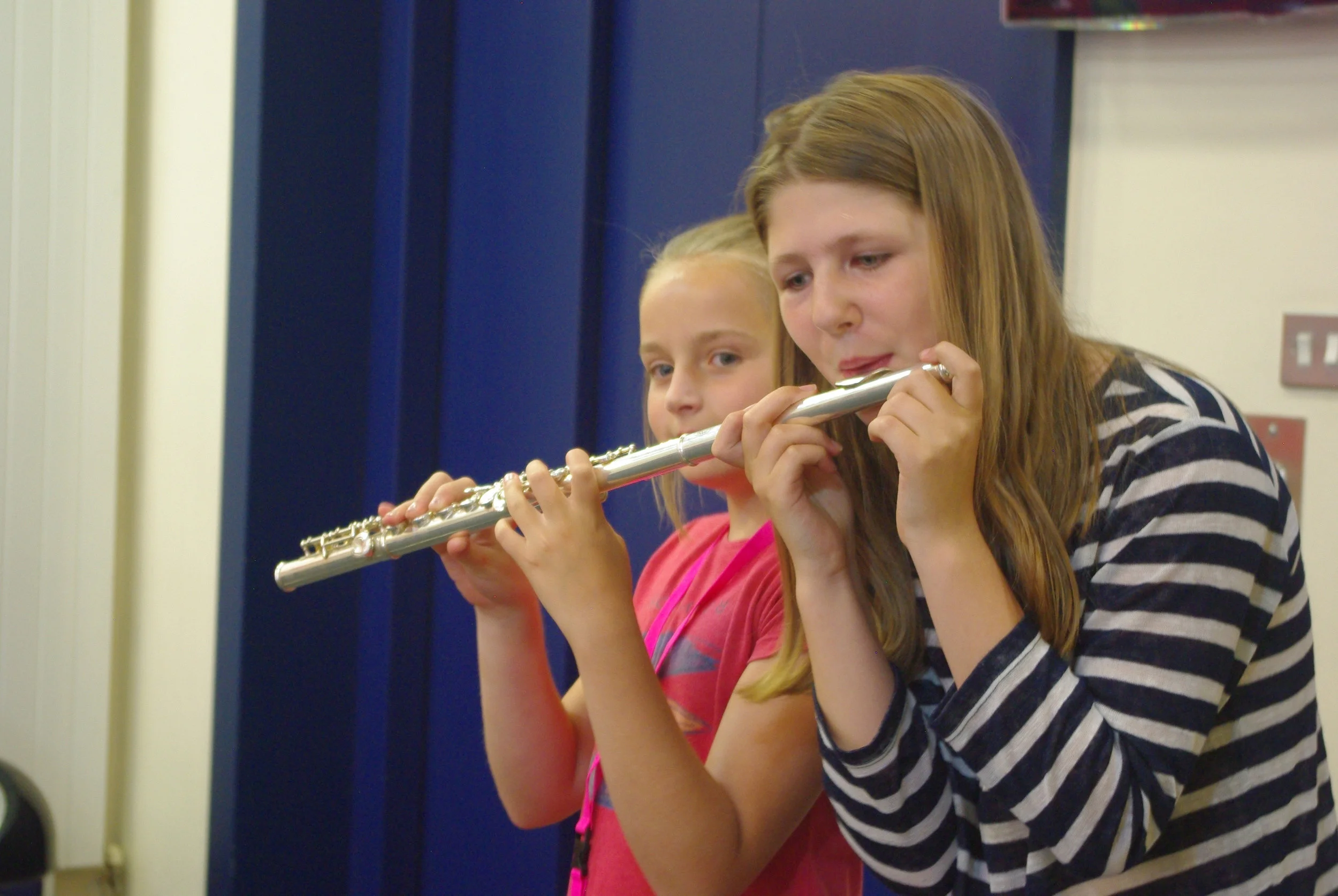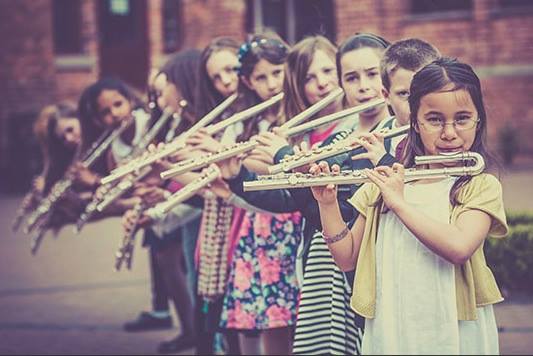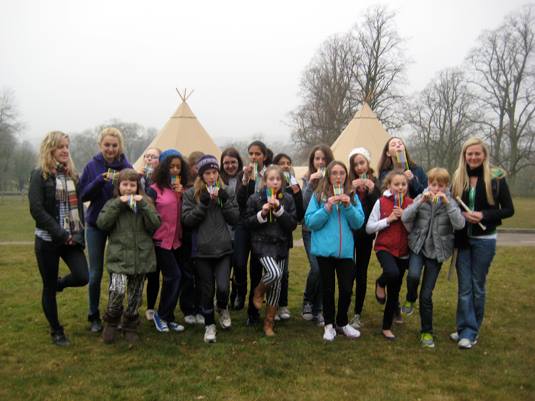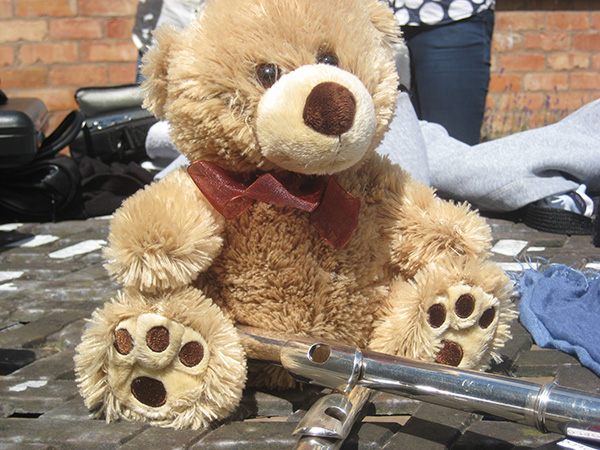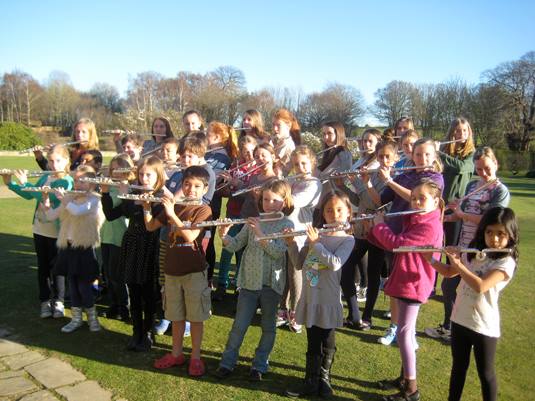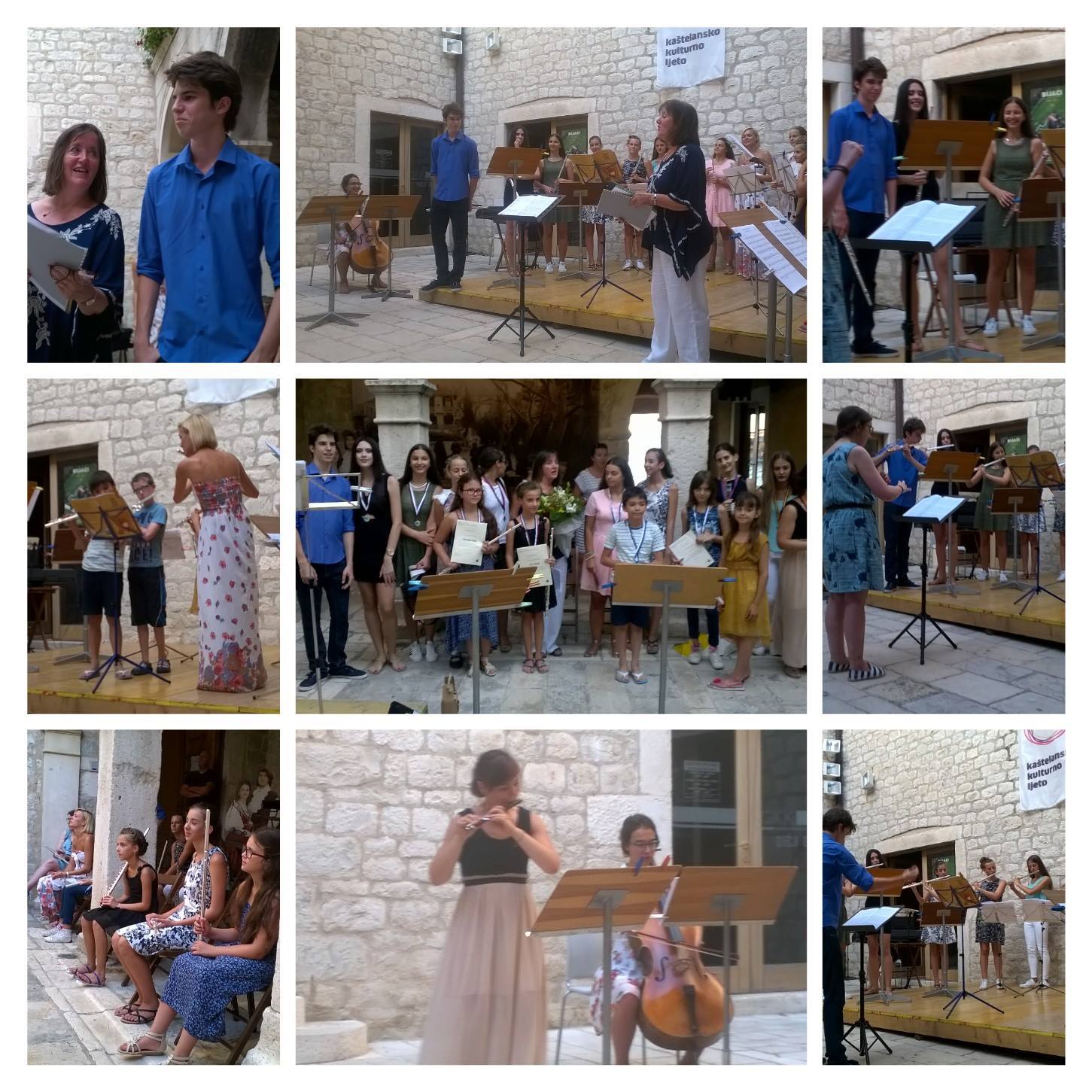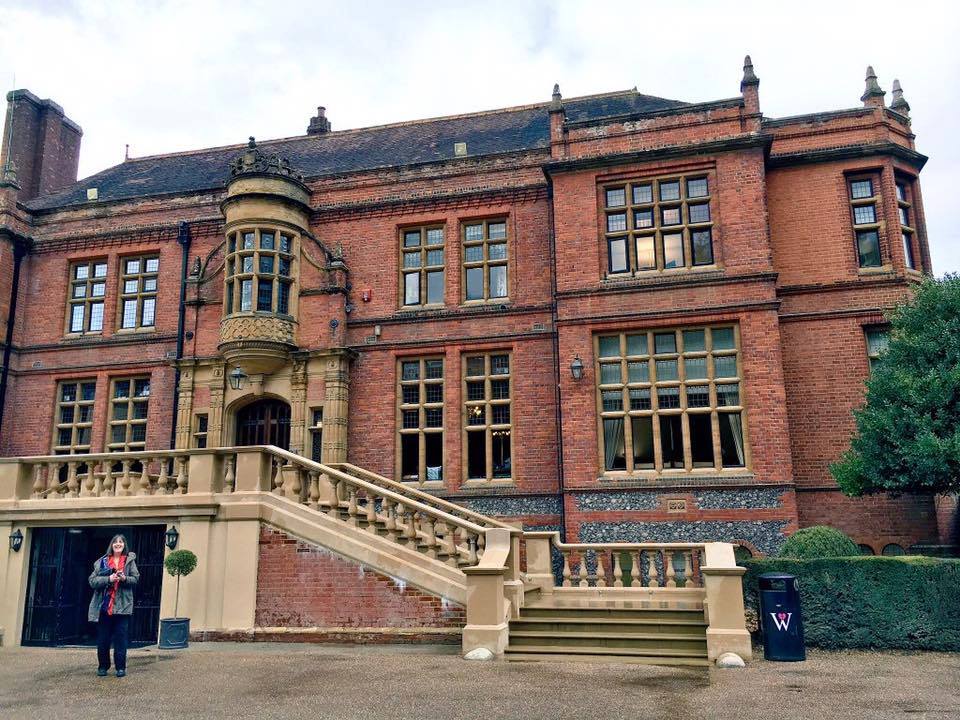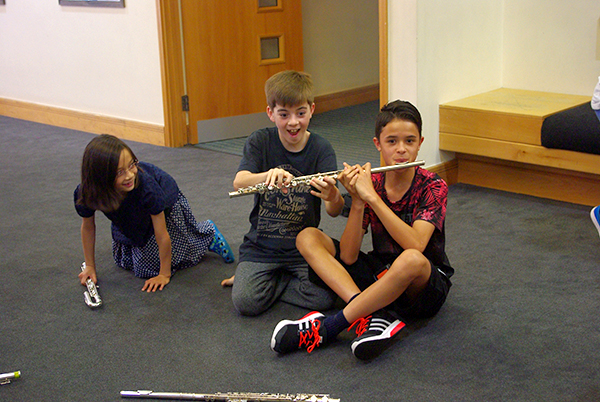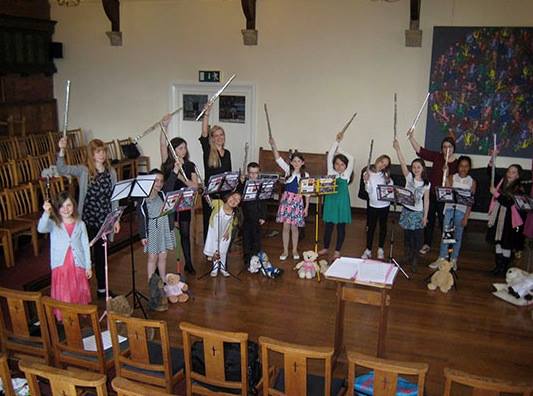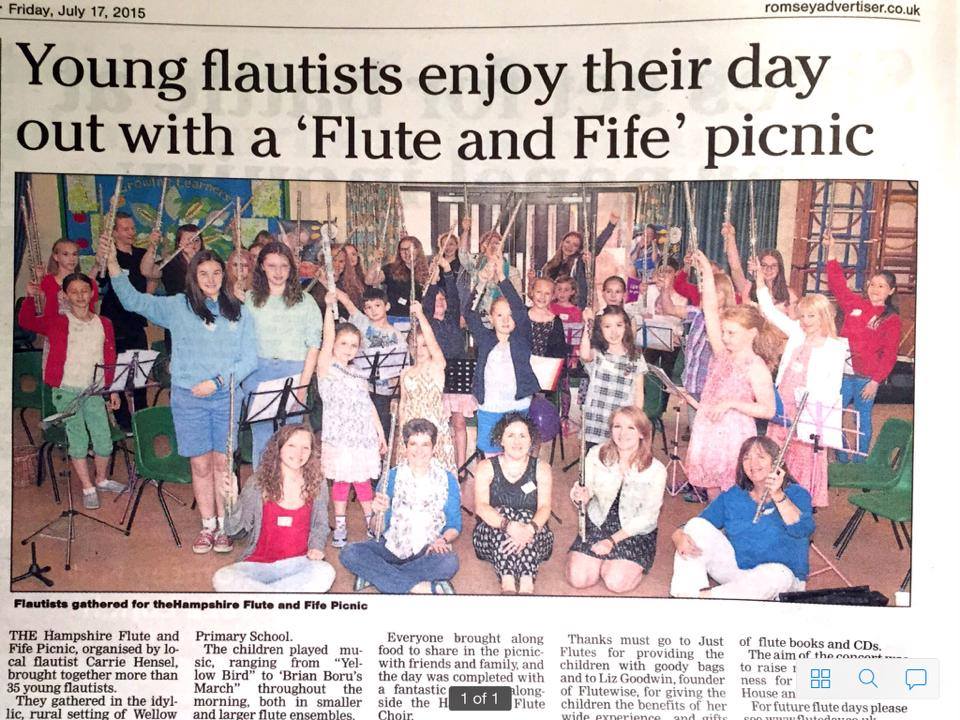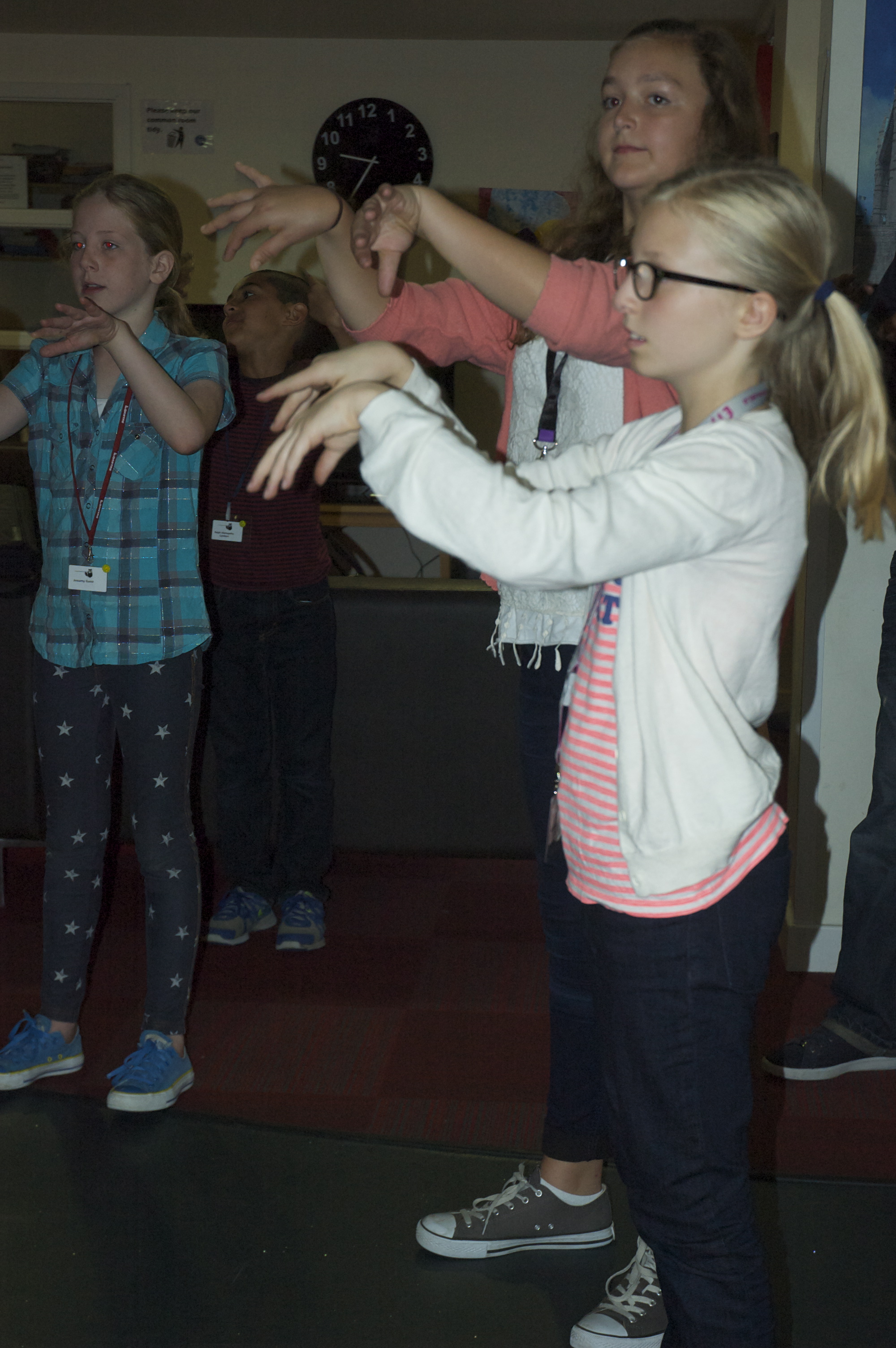Flutewise: Let’s Play Together Backing Tracks
Here are the backing tracks for many of the pieces in our new book, Flutewise: Let’s Play Together. We are extremely grateful to Jerry Randals for all of his hard and creative work producing these.
You will find two or more versions for each piece - a demonstration track, a slow version for rehearsal purposes and an ‘ideal speed’ track. Enjoy!
The music can be found in our book Flutewise: Let’s Play Together.
Bourreé - J.S. Bach arranged J.S. Randalls
Bach’s Bourreé, BWV 996, was originally written as part of a suite in E minor for Lute. It dates from somewhere between 1708 and 1717. Ian Anderson did a rock version on the Jethro Tull album Stand Up which was released in 1969. It’s a piece that seems to generate creative arrangements.
This is a Reggae make-over continues the mischief with Bach’s ingenious music.
Brian Boru’s March
Brian Boru was an Irish King who lived around the end of the first millennium.
This march was recorded by the Chieftans in 1969 and by James Galway on his album Songs for Annie and has become a favourite at Flutewise courses.
Can Can
The Can-can comes from Offenbach’s ‘Orpheus in the Underworld’ which was premiered in Paris in 1858. The opera was based on the Greek legend of Orpheus and Eurydice. It is a raucous dance which conjures up Parisian life in the second half of the 19th century.
Canon Pachelbel
Pachelbel was born in Germany and was a composer and organist. The canon is one of the most commonly requested pieces of music at weddings. However, this arrangement crashed through a barrier to be rendered as a rock and roll number. Give your audience a good shake with this one!
Caprice Op. 1 No. 24
Paganini was an Italian violinist and composer who possessed gifts of extraordinary virtuosity. This piece is the last in a series of twenty-four mind-bendingly difficult studies. The Russian composer Rachmaninov wrote a set of variations for piano and orchestra based on the disarmingly straight-forward melody of this caprice. Variation 18 is worth checking out. The arrangement here demands a sure-footed and direct delivery.
Greensleeves
Greensleeves is one of the most well-known English folk songs. Its exact date of composition is not known but it is most likely to have originated around the beginning of the first Elizabethan era which would date it to the end of the 1500s.
This rock version should be played with attitude and drive!
In the Hall of the Mountain King from Peer Gynt
Think Troglodyte. People who live in dark caves under the mountains on the shores of Norwegian fjords. Grieg’s music conjures up a picture of spooky darkness and foreboding. He wrote the incidental music to Peer Gynt in 1875 with the premiere in 1876. Many Flutewise members over the years have played the full ensemble version arranged by Jerry.
The Seasons Vivaldi
Autumn
The two Vivaldi pieces included in this collection are taken from his four violin concertos popularly known as The Four Seasons. The concertos bristle with good tunes evoking the new life and twittering birds of Spring, hot summer sunshine, colourful falling autumnal leaves, storms and cold winter landscapes.
Autumn has a jerky rhythm where you need to tuck the semi-quavers up against the crochets that follow.
Spring
The melody that opens Spring has an air of freshness and joy. Winter is over.
Skye Boat Song
This is such a beautiful, haunting piece.
Tambourin
Nearly every flute player I know loves this piece. It was written by Gossec and arranged in this two version by Tom Phelan
At the Flautists’ Ball
Flutewise people were introduced to this piece, composed by John Harper, by Atarah Ben Tovim, MBE at our Extremely Flutewise Event at the Barbican, London in 1996. It’s good to be playing it again. It was kind of Simon Hunt, Hunt Edition to give permission to use it.
Farandole by Bizet
This is an arrangement by Atarah Ben Tovim, MBE, again first introduced to Flutewise people for our Extremely Flutewise Event at the Barbican Centre, London in 1996. It is from l'arlesienne suite no. 2, incidental orchestral music for a play by Alphonse Daudet. It was first performed in 1872.
